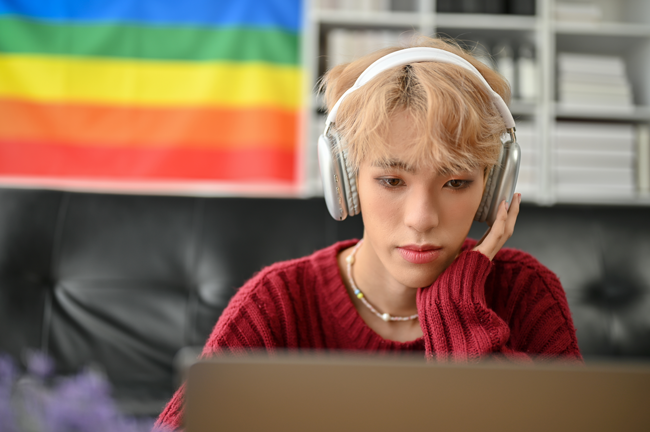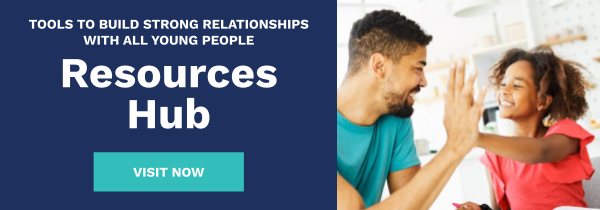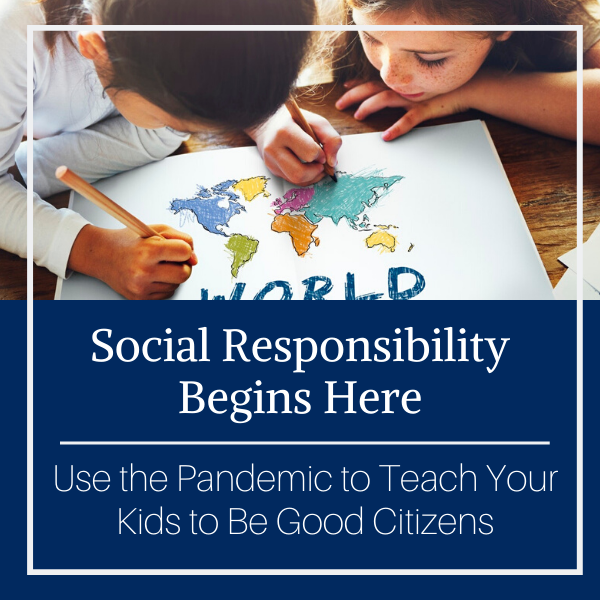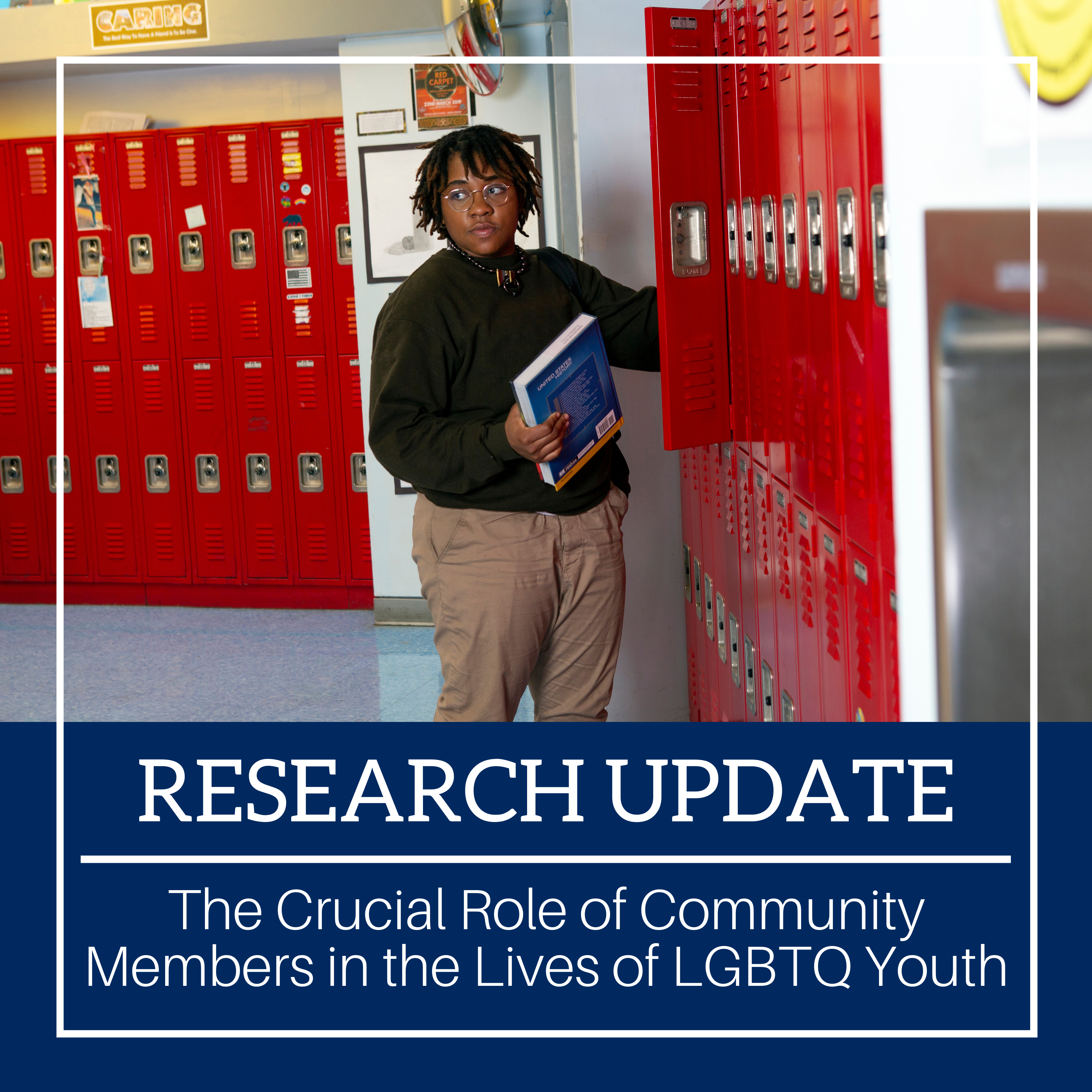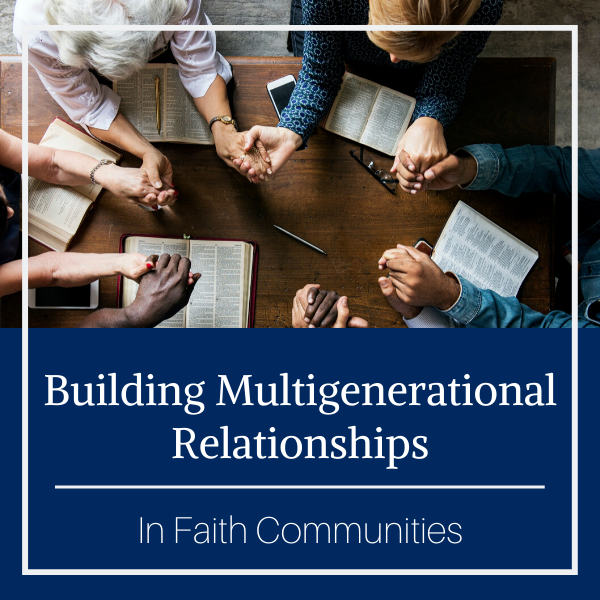Blog
Finding Community in Digital Spaces: PYD Opportunities for LGBTQ+ Young People
A positive community can help young people find a sense of belonging, purpose, and relationships. With that in mind, we are living in an exciting time — learning so much about the role of technology and social media in the lives of young people.
Just a decade ago, little was known and much was feared about the internet and social media, particularly its impact on young people. For the most part, the dominant narrative centered around harm. Studies emerged highlighting the role of digital spaces in the lives of young people and its potential negative effects including decreasing physical activity, increasing exposure to bullying or victimization, and — probably the most commonly talked about - negatively impacting mental health.
Flipping the Script: Viewing Social Media as an Opportunity to Promote Thriving
With growing awareness and understanding, we are beginning to accept that, just like all other spaces where young people grow, develop, and engage, digital spaces possess both risks and benefits. In fact, some reviews of the initial waves of research have pointed out that findings may have been oversimplified and overstated - we weren’t including enough young people in the research and many studies weren’t able to tease out what came first or if one was causing the other (mental health struggles or social media use). Perhaps what is more productive is the “second wave” of research emerging, highlighting the ways that digital spaces can support and even promote Positive Youth Development (e.g., Steinsbekk et al., 2024; LeBlanc & Loyd, 2022; Bates, Hobman, & Bell, 2020; Vaingankar et al., 2022). As you can imagine, this is something that we at Search Institute are particularly interested in understanding and supporting.
Additionally, there are many organizations and networking sites that are already doing wonderful work to support young people where they are, connect them with opportunities and resources, and promote youth advocacy or other forms of civic engagement. A wonderful example of this is TrevorSpace.
What is TrevorSpace?
TrevorSpace, a component of a suicide prevention organization The Trevor Project, is an online community for LGBTQ+ young people, ages 13 through 24. What makes this community unique is that it starts with the premise of offering a safe and affirming community to explore things that are critical to adolescence and young adulthood: identity and friendship/social support. Another unique component is that the site is moderated by trained professionals to help ensure a safe and affirming experience for all users.
Through a recent collaborative project with TrevorSpace, we set out to learn more about what the site was already doing to support Positive Youth Development (PYD) and how they might leverage the space to further promote and support LGBTQ+ young people. The goal of the project was to identify how TrevorSpace could integrate concepts from PYD to best support their users into being and becoming whole, healthy, contributing, and joyful people.
Discovery through Inquiry
A review of existing literature around the intersection of PYD and LGBTQ+ young people helped us understand the need for a strengths-based lens in this area. Discussions with TrevorSpace staff and moderators gave us context and history of the site and what conversations are already taking place. Perhaps most critically, we formed and facilitated a Youth Leadership Team of TrevorSpace users who provided us with rich insights and opportunities that come with the inclusion of the voices of young people. One of their recommendations was to solicit feedback from an even larger group of young people at TrevorSpace, and with their support, we developed a custom survey. This survey was posted on TrevorSpace for 2 weeks and ultimately had 631 young people between the ages of 13 and 24 participate.
While in the preliminary stages of analyses, we gathered exciting initial learnings that can inform future work with digital spaces, particularly with LGBTQ+ young people, as well as ways to think about and support PYD in these spaces.
What did we learn?
LGBTQ+ young people have incredibly valuable strengths and assets including high positive values and high social responsibility.
- Positive Values
- 99% of survey respondents reported “I think it is important to help other people.”
- 94% of survey respondents reported that they take responsibility for what they do.
- 97% of survey respondents reported that they are developing respect for other people.
- Social Responsibility
- 96% of survey respondents reported that they think about how their actions on TrevorSpace might affect people.
- 91% of survey respondents reported that they have a sense of responsibility to help other people on TrevorSpace, even if they don’t know them.
- 92% of respondents reported that they are responsible for doing something when they see others being treated unfairly on TrevorSpace.
Online spaces can offer young people a sense of community, support, and belonging.
- 89% of survey respondents reported that they feel a sense of community at TrevorSpace.
- 88% of survey respondents reported that there are people on TrevorSpace who try to help them succeed.
- 88% of survey respondents reported that the TrevorSpace community cares about them.
This is particularly true for LGBTQ+ young people who do not feel included — or even worse, feel rejected — in in-person settings.
- “I operate differently than most people, and have often found myself excluded from interactions with others at school or at home. That changed when I joined TrevorSpace. I now have what is essentially one giant friend group, and it has helped me a lot to show me that I can make connections.”
- “Being on the internet as a young, queer, autistic guy can be really scary and overwhelming, but I think TrevorSpace does a great job of encouraging people to make connections. The clubs, I think, are a really good gateway to socializing.”
Online spaces may be an optimal location for LGBTQ+ young people to explore their identities in a way that feels more safe and supportive than other communities.
- “TrevorSpace has helped me find myself and peace with who that is. I used to use TrevorSpace only to reach out for help, and I still feel safe to do so. But now I have room in my life for hobbies and joy that I did not get before the help I have now.”
- 89% of survey respondents reported that they feel safe and secure on TrevorSpace.
- 88% of survey respondents reported that they feel valued and appreciated by others on TrevorSpace.
Digital Spaces as Communities
How have you typically thought about “community?” Most often we might think about the place that we live or our immediate neighborhood. We might even think about an organization or group that we feel a part of. Or maybe we think about the people we surround ourselves with. The scientific literature has long highlighted the vital role that community plays in the growth, development, and happiness of young people. The findings in this project point to many possible future directions, but one important message is the need to begin thinking about online and digital spaces as communities.
Ways to support PYD in Digital Communities
- Encourage young people to find digital communities that affirm and support their identity development, especially if this is something they struggle to find in in-person settings.
- When we think of digital spaces, sometimes we think of only the top five major social media platforms. While there are opportunities to find community in these spaces, there are also other spaces that you might not even know about yet. Support young people in researching what communities are out there and which might be a good fit for them.
- Know your limits — the impact of social media is nuanced and personal, there is no one-size-fits-all approach. Understand where you need to set limits and help young people understand boundaries and limits that are helpful for them. Some things to keep in mind:
- It’s important to keep an open mind and validate young people’s feelings and experiences in order to have a productive conversation.
- Young people are more savvy and able to integrate digital spaces in their lives in a way that is not as intuitive for most adults. It is important to support them, but also to listen and take their lead.
- Social media may have more harmful impacts on young people who are experiencing psychological distress — if a young person is going through a tough time, it may be especially important to check in with them and support them with social media use.
- Context matters — while generally social media isn’t harmful, there may be times or places where it is more likely to thwart well-being (e.g., during in-person social events or while in nature). Boundary setting should include thought to when and where young people are engaging with digital communities as opposed to solely focusing on how often. The Trevor Project provides a guide that is specific to online safety for LGBTQ+ young people.
- Reflect on ways that social media and digital communities are impacting you and the young people you support. Some guiding questions to ask include:
- How are digital spaces supporting your relationships? How do they help you create new friendships or maintain existing ones? How do they help you communicate with family members or other supportive people in your life?
- How are digital communities connecting you with unique growth opportunities? How do they help you explore interests or hobbies? How do they help you learn new skills? How do they connect you with information or ideas?
- How are you contributing to your digital communities? How do you support other people via digital spaces? How are you an advocate for other people or ideas that are important to you via social media? How do digital spaces give you a platform to make the world a better place?
Online communities like TrevorSpace can be incredibly valuable for young people to discover who they are, find others with common interests and values, and give back - all of which are essential to Positive Youth Development.
This blog was written by Katherine Ross, Ph.D., in collaboration with Jacob Timmons, MFA and Tommy Marzella.

